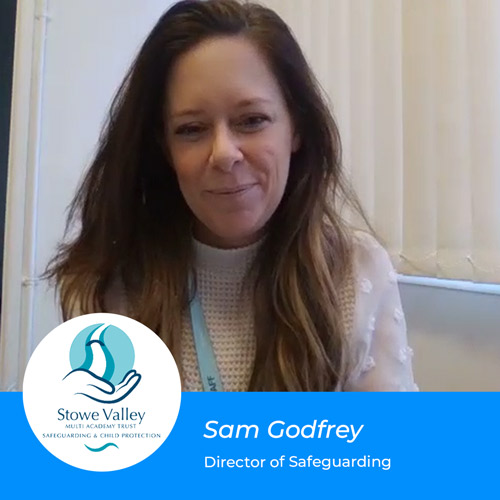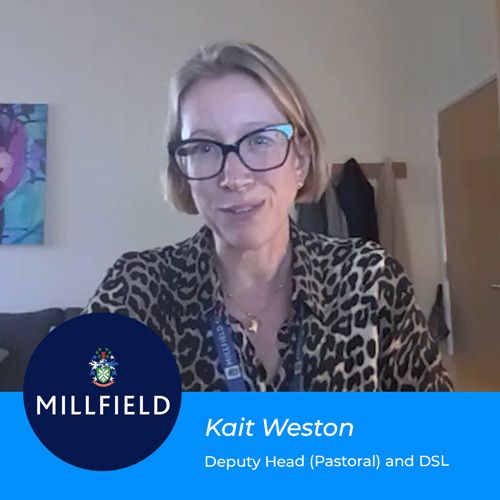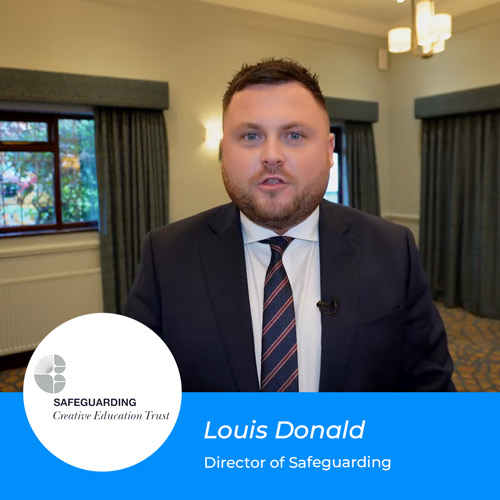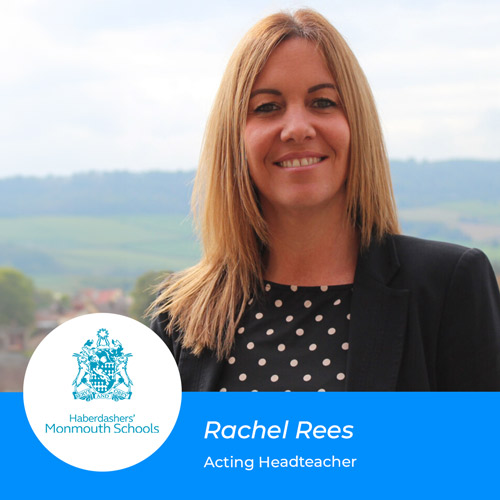Proactively working with the Police:
effective Multi-Agency Partnerships.
Assistant Headteacher and DSL at Rugby Free Secondary School
About this testimonial
Mandy Milsom, Assistant Head and Designated Safeguarding Lead at Rugby Free Secondary School
Mandy describes how she asked students to report their experiences via their mobile phones during a guided assembly with different year groups. Accessing via QR codes, the segmented year groups rated what they were concerned about during and after the school day, such as where they feel safe. Mandy explains the Rugby Free Secondary school ethos of “We do WITH the children, we dont do TO them” approach, as there is no better way to know the feelings of the child than through the child communicating to the school.
Mandy explains the school is lucky to work with lots of different agencies but something that has become particularly useful is the Youth Intervention Team in Rugby, which is a virtual network meeting that is held once a month between The Social Clubs, the Police, Youth Workers, Youth Centres and schools. They can share information directly in areas contextually connected to the school ie. roads, lanes and park areas in Rugby. Rugby Free Secondary are regularly asked by the Police to send out a poll about parks, and to one year group they polled about a particular park asking if they had any concerns and what they would do if they had those concerns.
What Rugby Free Secondary now have for the school, through The Student Voice, is a platform that allows tip offs anonymously. That can be about things happening outside of the school that can be passed on to other agencies, and behaviours or concerns in school. They can also give information on pastoral clubs and activities. Mandy says they have had two concerns that have been passed on to safeguarding agencies outside of school.
In section one [KCSIE] 17-19 about how children get their point across and particularly Section 19 where we need to understand that children may not be comfortable speaking face to face with somebody they know, they can now use The Student Voice platform anonymously or confidentiality leave a submission without having to approach an adult in school. As DSL, Mandy gets back to them straight away and acknowledges the submission, explaining they can speak to her when they are ready. However, she says the majority want to be spoken to and be heard so they leave their email address. When appropriate we contact home to convey that a concern has been raised on TSV.
Mandy also shares a case study of how the safeguarding team used student feedback to adapt the design and flow of the building to address behaviour challenges. The school has a rectangular building with five sets of stairs for each year group, which the safeguarding team thought worked well, however, Mandy finds out the behaviour issues without older students around were very disruptive. A poll for year 7s, and 9s showed some groups felt unsafe. The safeguarding team informed parents of student experiences, and were able to change the layout and flow of the school. It works better with mixed students, creating a calmer environment.
Mandy also shares how TSV has proved very popular during anti-bullying week, where 84% of students said they would use The Student Voice to report bullying. She shares how it has changed Rugby Free’s practice and given children the confidence to pass on information on behalf of other people.





